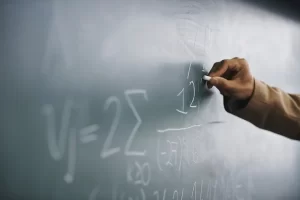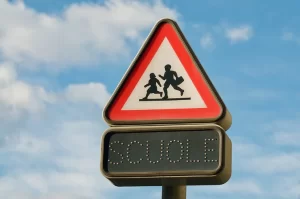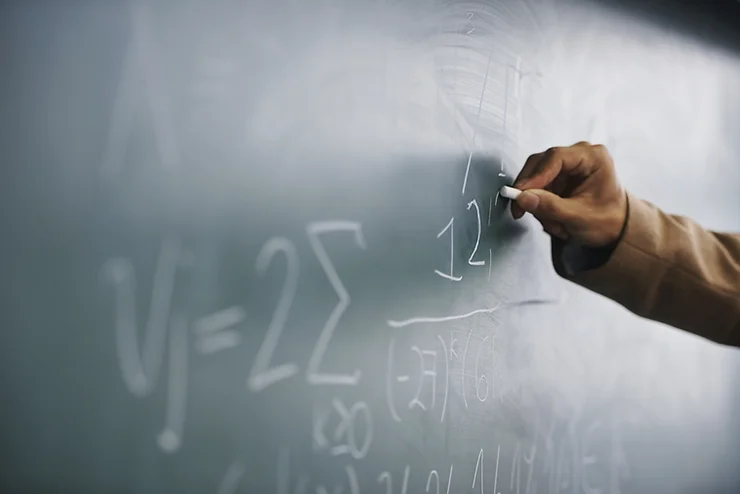Introduction
We often hear about the importance of sleep and how it can affect our health. But did you also know it can affect your child’s academic success? At surface level, it makes sense. If you don’t sleep well, you don’t feel your best. When you don’t feel your best,you don’t perform your best. Simple as that. In this article we’re going to dig a little deeper below the surface and explain WHY it matters and HOW you can help your child get the best sleep they can get in order to improve their academic performance.
Sleep needs at different ages of children
It’s important to note that sleep needs change as we age. Here we have listed the optimal amount of sleep for kids of school age.
- Preschool (3-5 years old)- 10-13 hours (Including naps)
- School aged (6-13 years old) – 9-12 hours
- Teens (14- 17 years old)- 8-10 hours
How is your child sleeping now compared to the actual hours of sleep they need? Are they on target? Could they use more sleep?
Science of Sleep: What happens during each stage
Sleep is broken up into non rapid eye movement, and rapid eye movement. When we first fall asleep, we go into the first cycle of non rapid eye movement. This is a transition from wakefulness to sleep where our muscles begin to relax and we may experience twitching.
After this transition, we go into the second non rapid eye movement cycle where we drift deeper into sleep and our body temperature starts to drop. Our heart rate slows, and our breathing becomes more shallow and slow. During this stage, our brainwaves also slow down.
From here, we go into our deepest sleep. This is still a non REM stage where heart rate, breathing, and brain activity all drop to their lowest. This deep sleep is the restorative sleep that we need in order to wake up feeling refreshed.
Finally we have REM sleep which is where we will experience dreams. REM sleep is more active. Our heart rate, breathing and brainwave will increase to levels that approach the levels we see during awake time.
Sleep and Learning
Now, why does this matter and how does it relate to learning? The purpose of sleep is not just to “rest” but also to help clear our brain of toxins and waste. Throughout the day, cellular waste byproducts may accumulate in brain cells. When we sleep, our glymphatic system can flush out this waste, giving us a clearer head and clean slate for the next day. This process helps us with memory recall and focus. Both of which greatly aid in a student’s ability to perform academically.
Additionally, during deep sleep, our synapses are able to rest. Without this deep sleep, the synapses become active for too long which disrupts neuroplasticity. When neuroplasticity is disrupted, it inhibits the brain’s ability to learn new tasks efficiently since it is fatigued.
Tips to help school-aged kids sleep better
If you suspect your child is not getting the right amount of sleep or that their quality of sleep may be less than ideal, here are a few things you can try to help them get the best sleep they can.
- Plan an appropriate bedtime based on when they need to wake up the next day. If they need to be up at 6am to get ready for school, ensure they are in bed in time to get their optimal amount of sleep based on their age.
- Create a calming bedtime routine. This can include calming music, scented lotions like lavender, reading and/or journaling.
- Minimize screens 90 min before bed.
- Ensure the home is between 60-67 degrees, the optimal temperature for sleep.
- Get blackout curtains to create a dark space. If your young child is afraid of the dark, provide a dim nightlight as comfort.
- Reduce noise. If your child goes to bed earlier than everyone else in the home and they can hear noises from others in the house, provide a sound machine to drown out any outside noise.













